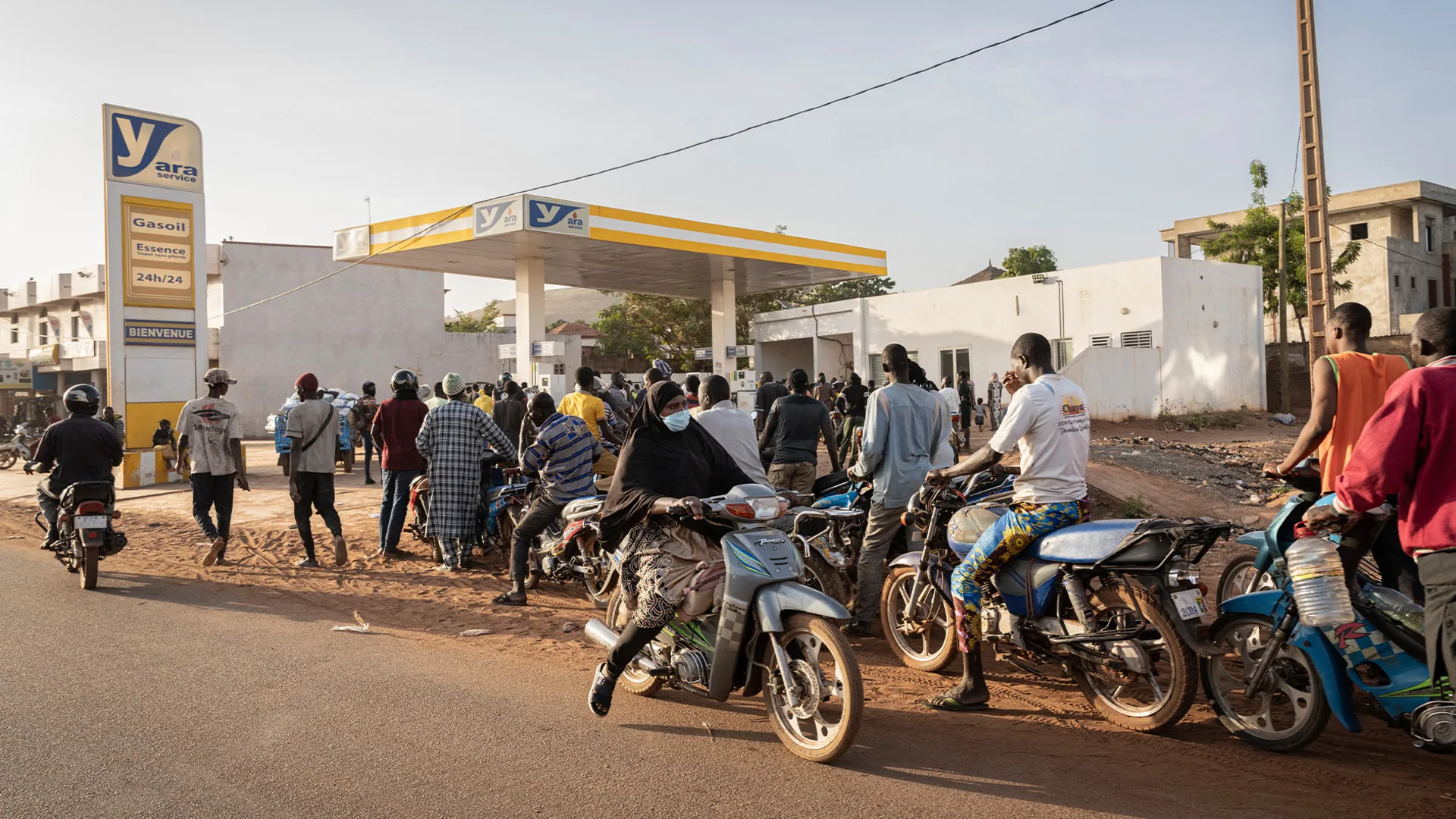Can Alliance of Sahel States find a way to curb advance of armed groups? | Conflict
Leaders from Mali, Niger and Burkina Faso are hoping to find a way to repel advancing fighters linked to al-Qaeda. Al Jazeera’s Laura Khan explains what’s at stake at an Alliance of Sahel States summit in Bamako.
Published On 21 Dec 2025
